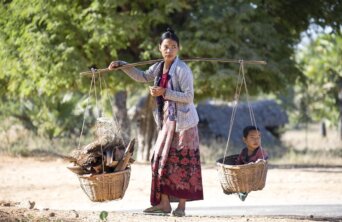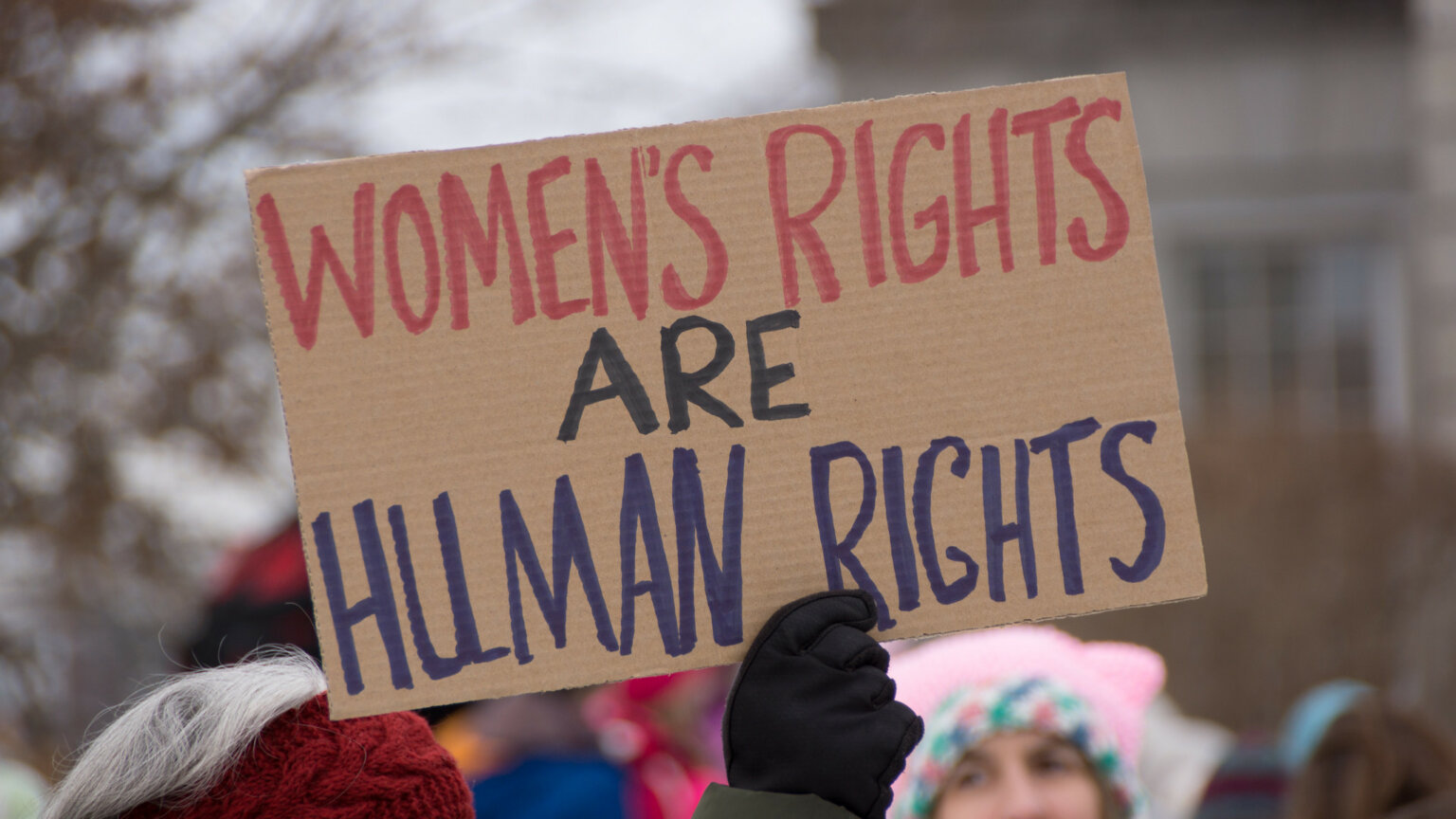- About
- Topics
- Picks
- Audio
- Story
- In-Depth
- Opinion
- News
- Donate
-
Signup for our newsletterOur Editors' Best Picks.Send
Read, Debate: Engage.
| topic: | Women's rights |
|---|---|
| located: | Myanmar |
| editor: | Tara Abhasakun |
Last month, the International Commission of Jurists (ICJ) published a briefing paper on abuses against women denied liberty (WDLs) in Myanmar.
WDLs are women held in prisons and other detention facilities. According to the report, between Myanmar's coup of February 2021 and June 20 2024, at least 3,987 women were still in detention, including 1,528 convicted on fabricated political charges.
The briefing paper features interviews and engagements with former WDLs, lawyers representing WDLs, and civil society groups working with WDLs. These include 14 in-depth key informant interviews carried out by the ICJ.
The ICJ noted various violations, including inhumane detention conditions, denial of adequate healthcare, sexual and gender-based violence, and overly punitive disciplinary measures and sanctions. The denial of proper healthcare included the denial of prenatal and postnatal care. The ICJ also found that women had suffered pregnancy losses due to harsh treatment and denial of access to reproductive care in a manner that likely constitutes torture or other ill-treatment.
One woman told the ICJ, “While at the interrogation centre, I faced sexual harassment due to my pregnancy. My interrogators warned me that I was fortunate to be alive because I was pregnant because they would have killed me otherwise. During the gruelling 16-day period of intense psychological and physical torment, I ultimately lost my pregnancy.”
Another interviewee alleged that brutal interrogation methods sometimes resulted in miscarriages. The ICJ said that reports had emerged from Insein prison in the Yangon region that a WDL had lost a pregnancy due to being denied medical care.
Myanmar’s women have lost newborn babies while giving birth in fighting zones with no access to medical assistance. Since the coup in February 2021, it became a commonality for them to lose their babies while imprisoned, too. In 2022, a newborn died after prison authorities failed to bring a WDL to the hospital on time to address severe labour complications. The woman began to experience heavy bleeding, and it took three hours for the authorities to send her to the hospital, the woman’s friend told Myanmar Now. She said it took even longer because the ambulance was out of fuel. When the woman reached the hospital, doctors determined that she had suffered a placental abruption. Her baby died a few moments after being born via an emergency cesarean section.
Another woman who spent over two years in Mandalay’s Obo prison told Frontier Myanmar that in 2023, she saw three fellow political prisoners give birth in their cells after guards refused to send them to the hospital.
In the report, the ICJ recommended Myanmar’s junta to order prompt, impartial, independent, and effective investigations into all credible allegations of torture and other ill-treatment, including sexual and gender-based violence by detention authorities, and ensure alleged perpetrators face fair trials.
The ICJ also urged UN member states to hold perpetrators of serious international crimes accountable, exercise universal jurisdiction over suspects of grave human rights violations against WDLs, and ensure cases include a gender analysis of gender-based crimes and violations against WDLs.
Image by sippakorn yamkasikorn.

